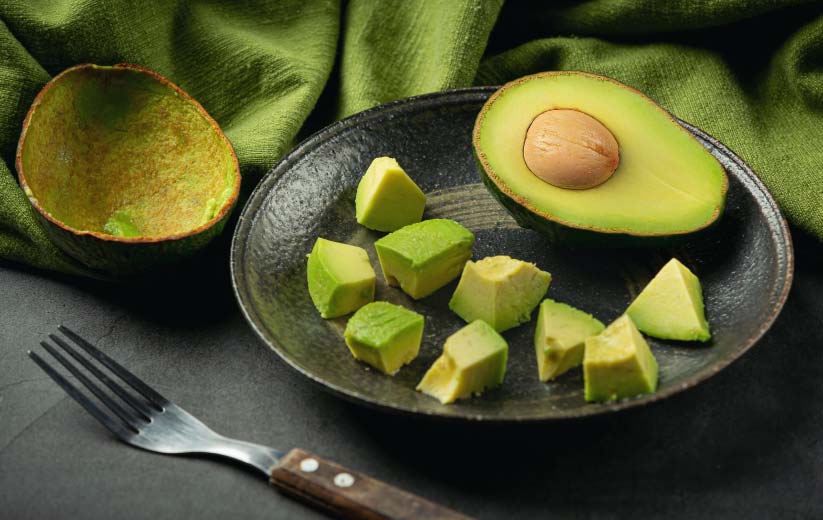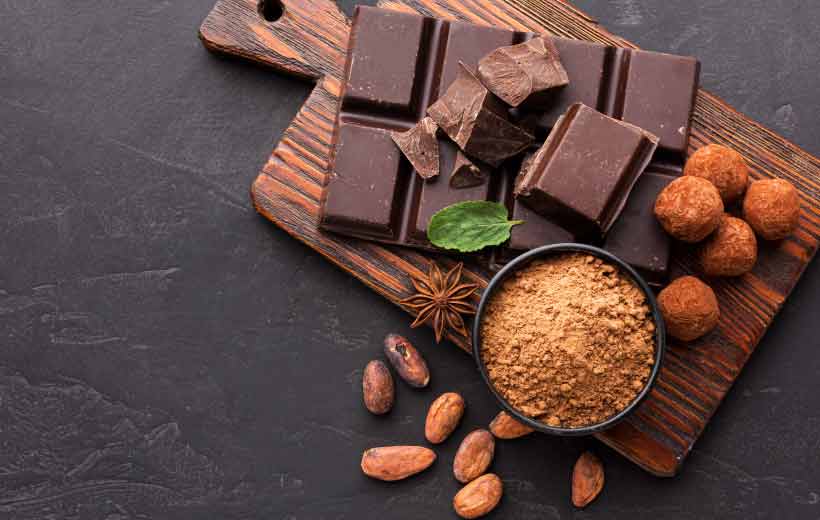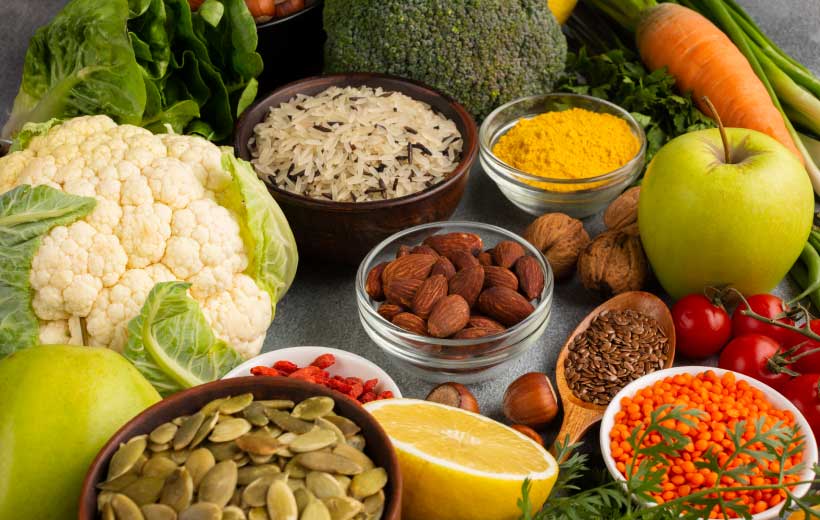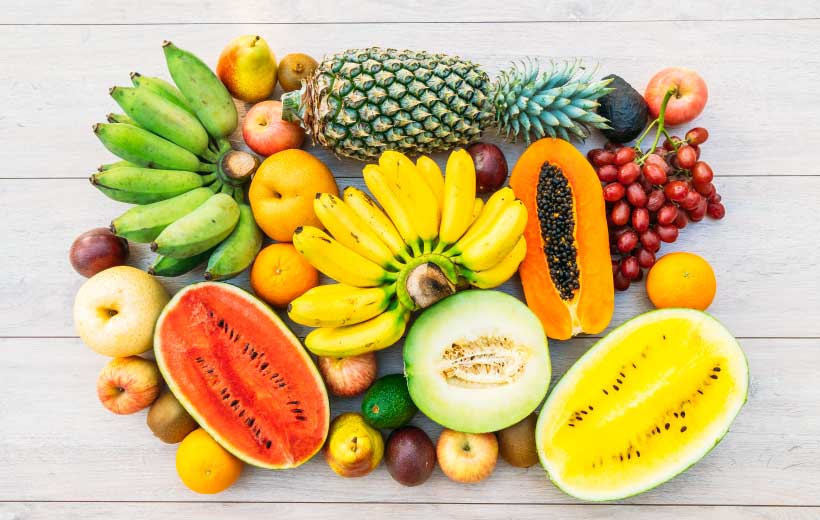Drinking chamomile tea, warm milk, avocado, citrus fruits, and fatty fish… can help relieve stress, depression, and anxiety.
There are many ways to manage and reduce stress levels, including the foods below.
Herbal tea
When stressed, or tired, drinking a cup of warm tea helps you feel calmer. Because herbal tea promotes feelings of warmth and comfort. Chamomile tea and lavender have a relaxing effect, soothe stress, sedate, and sleep better.
Green tea contains caffeine and flavonoids, which support brain health, help protect nerve cells against damage caused by neurotoxins, and benefit cognitive function. However, caffeine has a long effect, avoid drinking green tea in the afternoon to not lose sleep.
Warm milk
Sipping warm milk before going to bed helps you get a good night’s sleep, and aids in stress management. Calcium-rich milk is good for bone and muscle health, can relieve depression, helps with relaxation, and stabilizes mood. Research by Hamadan University of Medical Sciences (Iran) shows that milk can ease the symptoms of PMS.
In addition to cow’s milk, yogurt and cheese are rich sources of calcium. This mineral is a key factor in reducing stress. People who are lactose intolerant can choose salmon, almonds, sunflower seeds, and cruciferous vegetables such as kale, broccoli,… to supplement calcium.
Dark Chocolate
This food is rich in antioxidants that can reduce stress hormones. Dark chocolate brings a feeling of refreshment and reduces anxiety. However, dark chocolate also contains sugar, so eat it in moderation, about 28 g (1/4 small chocolate bar).
Whole grains
Whole grains are a good source of carbohydrates (carbs). According to research from the University of Wales Swansea (UK), carbs can increase levels of serotonin, a hormone that helps improve mood and reduce stress, better focus. You choose healthy, unrefined carbs like sweet potatoes and whole grains (wheat, oats, brown rice, rye bread…) for better nutrition and no spikes in blood sugar. Refined carbs like cookies, cakes, and “white” foods (white pasta, white bread, white rice) can have an immediate effect and raise blood sugar.
Avocado
According to the National Center for Complementary and Integrative Health, avocados provide omega-3s that reduce stress and anxiety, boost focus, and improve mood. This fruit also contains phytochemicals, fiber, and essential nutrients that may reduce the risk of metabolic syndromes such as high blood pressure and obesity.

Citrus fruit
Citrus fruits (oranges, grapefruits…) have a high vitamin C content that can reduce stress levels. According to a study by the Federal Universidad de Minas Gerais (Brazil), people who take 500 mg of vitamin C per day can significantly reduce stress and anxiety compared to the group that does not take it.
Nuts
Seeds are rich in healthy fats, which are fatty acids and B vitamins that can reduce stress and fatigue. Almonds, pistachios (pistachios), and walnuts can lower blood pressure, helping to calm the mind. Each person needs to limit the daily portion to avoid excess calories. Nuts are also high in magnesium which has been linked to better anxiety management.
Foods rich in fiber
According to research from the University of Illinois (USA), a high-fiber diet can limit anxiety, depression, and stress. Fiber can fight oxidative stress and inflammation, two conditions associated with nervous stress, and chronic diseases such as cancer, and diabetes. Fiber also helps balance blood sugar and prevents insulin spikes. A drop in blood sugar can cause fatigue, anxiety, tremors, irritability, and difficulty concentrating. To get more fiber, people should eat beans, berries, nuts, and green vegetables.
Fish
Fatty fish (salmon, tuna, herring, mackerel, sardines) are rich in heart-healthy omega-3 fatty acids, which can reduce depression. Omega-3 supplements in the form of fish oil may be associated with a lower risk of heart disease and stroke. Eating fish at least twice a week reduces the risk of metabolic diseases such as obesity and diabetes.
Probiotics
Probiotics (probiotics) contribute to strengthening the immune system, protecting against harmful bacteria, and improving digestion and absorption of nutrients. Gut health has a direct correlation with improved anxiety, depression, and mood. Gut bacteria can produce neuroactive molecules, including serotonin and gamma-aminobutyric acid (GABA), that positively affect mood. Yogurt and fermented foods are good sources of probiotics.
Follow the website ongreenbeauty.com to get more health, nutrition, and beauty information to protect the health of yourself and your loved ones in your family.





This is the perfect website for anybody who wishes to find out about this topic. You know a whole lot its almost tough to argue with you (not that I actually will need toÖHaHa). You definitely put a brand new spin on a subject which has been discussed for ages. Wonderful stuff, just wonderful!